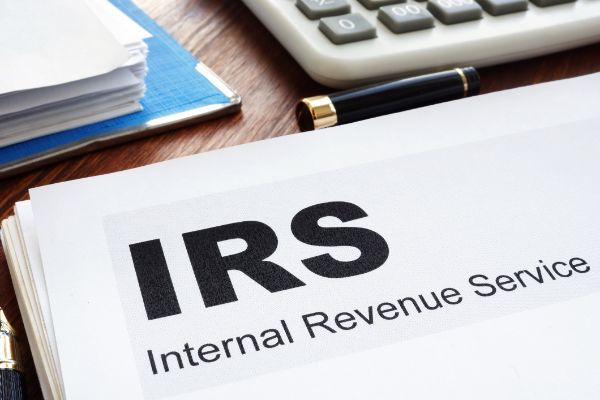Timeshare salespeople will often promise their targets a deed in exchange for signing on the dotted line. But the thing is, when you buy a timeshare, you aren’t getting Real Estate. Real Estate is actual ownership interest in a parcel of land or portion of a building, that you can use however you want to (within the scope of zoning ordinances and criminal law). Instead, what you’re getting is classified by the IRS as “personal property.”
Personal property is defined as any kind of possession OTHER THAN Real Estate or a building. To be considered personal property, the interest must be in something moveable or temporary. Usually something like a boat, car, furniture, or collectible comes to mind. But this is how interest in a timeshare is classified in most cases—most particularly when that interest is what we call a “Right-to-Use” timeshare. (It’s the temporary nature of the thing: once your ownership time-frame ends, that timeshare isn’t yours anymore; and unlike a car, you can’t even sell it once that period of time is done! All that you own IS the period of time … so long as you keep paying that maintenance fee!)
Even in the rare case where someone gets hold of what is called a “deeded timeshare”—where a form of deed is issued for the portion of time (in which case one must pay insurance and property taxes on the “property”), the ownership diminishes in value with each passing year, and expires after the time runs out.
The interest a timeshare buyer pays on a loan to buy timeshare interest is most often not deductible, because only interest on loans that are secured by the financed property (such as a mortgage) can be deducted from taxes. But since timeshares do not gain value, but lose value over time, most banks won’t touch that sort of loan with a 50,000-foot pole. And loans made by a company that sells timeshares almost certainly won’t qualify for a tax deduction (despite the interest rates being astronomical). The only real way to be able to deduct the interest payments on such a loan is to secure that loan by taking out a second mortgage on one’s primary home or getting a home–equity loan!
Maintenance fees, of course, are simply money paid ostensibly to maintain the property, and therefore are completely unavailable for deduction.
If someone manages against all odds to actually sell their interest in a timeshare to someone else, the seller will receive a 1099 (either a 1099-B or a 1099-S). When filing taxes, the seller must then also file a Form 8949, which deals with the “Sales and other Dispositions of Capital Assets,” and is used to determine the aggregate gain or loss.
Sadly, in the case of such a sale, a loss on this sale cannot be deducted (again: the IRS does not consider your interest in the timeshare to be Real Property—it’s a Personal Use Property). But if the seller DOES make some money on the sale of the timeshare—here comes another bummer—the sale proceeds must be reported, and will be taxed!
Contact us today—time is of the essence!—if you are having second thoughts about that timeshare you just bought. We will look at the specifics of your case; we can draft an unassailable cancellation letter to ensure your freedom from the sale if we are given enough time—and we can look into the details of the sale if the cancellation period has passed. At The People’s Advocate, we are passionate about helping consumers fight back against the timeshare scam industry.
